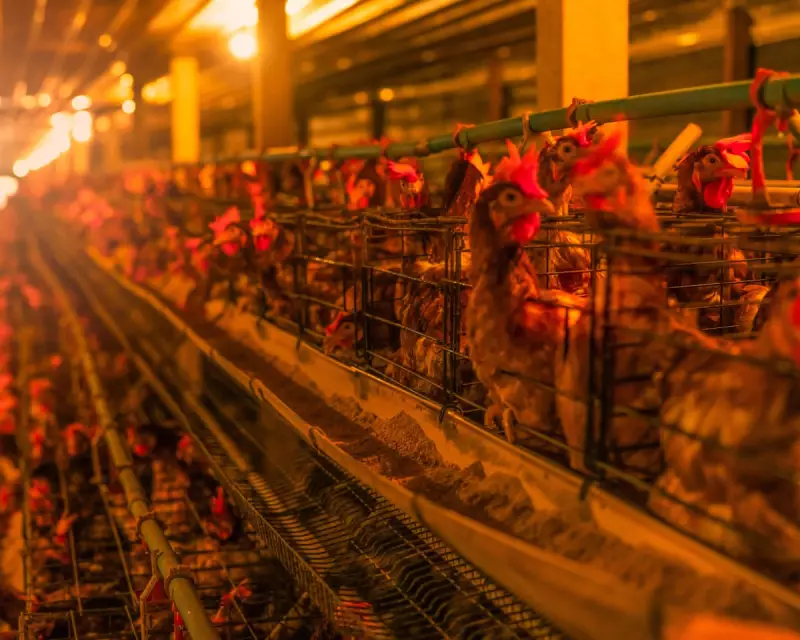
Britain's intensive livestock farming industry is facing a major environmental accountability crisis, with new data revealing widespread failure to declare climate-changing emissions as required by law.
The Silent Polluters
An alarming number of large-scale poultry and pig farms across England and Wales have avoided mandatory reporting of their greenhouse gas emissions, despite legal requirements under environmental permitting regulations. These operations, some housing tens of thousands of animals, represent a significant but unaccounted-for source of methane and nitrous oxide – potent greenhouse gases contributing to climate change.
Regulatory Gaps Exposed
The Environment Agency's own data shows a concerning pattern of non-compliance. Many intensive farms that should be reporting their emissions under the UK's pollution inventory are simply not doing so, creating a substantial gap in the nation's official climate accounting.
What the Numbers Reveal
- Dozens of large livestock operations missing from emissions databases
- Significant underreporting of methane from manure management
- Failure to account for nitrous oxide from animal waste
- Incomplete monitoring of ammonia emissions affecting air quality
Industry Response and Accountability
Farming industry representatives have acknowledged the reporting issues but point to complex regulatory requirements and resource constraints facing farmers. However, environmental campaigners argue that without accurate data, meaningful progress toward climate targets becomes impossible.
"This isn't just paperwork – it's about understanding our true environmental footprint," said one environmental policy expert. "When major emission sources go unreported, we're building climate policy on incomplete information."
Broader Implications
The reporting failures come at a critical time for UK agricultural policy, as the government develops new environmental land management schemes post-Brexit. Accurate emissions data is essential for designing effective policies that balance food production with climate commitments.
Environmental lawyers suggest that the widespread non-compliance could lead to increased regulatory scrutiny and potential enforcement action against the worst offenders. The scandal also raises questions about whether current monitoring and enforcement resources are adequate to ensure proper environmental oversight of the agricultural sector.





